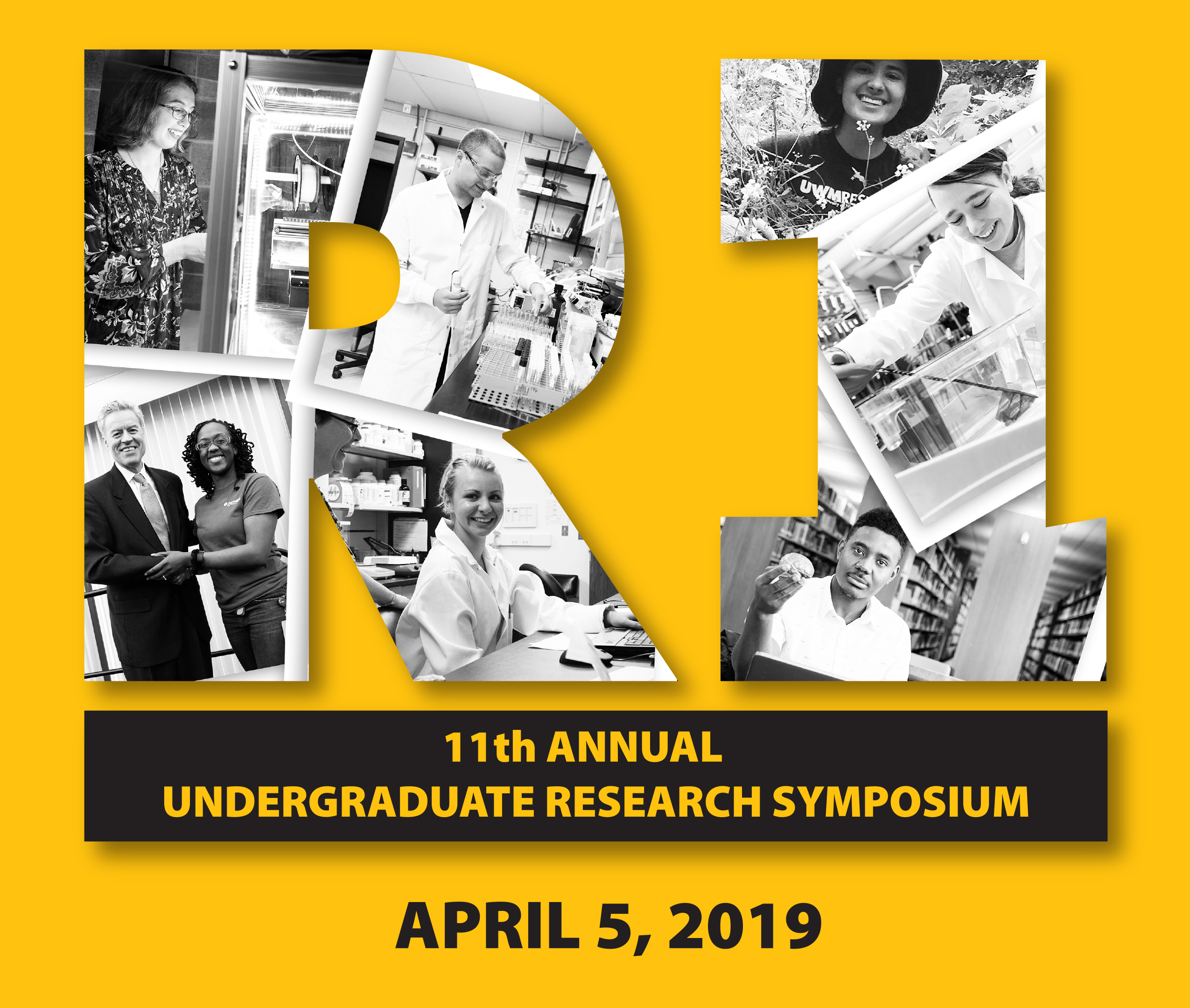Speech Therapy and How it Affects Real World Participation in People with Aphasia
Mentor 1
Shelley Lund
Location
Union Wisconsin Room
Start Date
5-4-2019 1:30 PM
End Date
5-4-2019 3:30 PM
Description
BACKGROUND: Aphasia is an acquired communication disorder impairing a person’s ability to understand or express speech due to brain damage. Speech therapy is used to help patients with aphasia regain some of their communication abilities. Our lab has started to explore how speech therapy affects client’s participation in the real world and how it affects the lives of their caregivers and family members. The purpose of this study was to explore what clients, caregivers, and family members wanted to get out of speech therapy or thought that speech therapists could do to achieve better outcomes for people with aphasia. METHODS: Participants in our study were recruited through the University of Wisconsin-Milwaukee speech and language clinic and through aphasia support groups in the Milwaukee area. To participate, patients had to be living in a community setting rather than in a care facility, they needed to be diagnosed with aphasia as a result of a stroke at least 6-months prior, and they needed to nominate their caregiver. In this first cycle, there were three people with aphasia and their spouses. Focus groups took place in Wauwatosa, Wisconsin at Innovation Campus, and included the participants, a facilitator, and a note taker. Grounded theory and phenomenological approaches guided this study. RESULTS: This poster will report the results of the first focus group. The grounded theory approach uncovers social relationships and group behaviors and allows for generating a theory based on the data. A phenomenological approach allows us to capture common experiences among participants. Analyses are pending. CONCLUSIONS: This study reasoned that speech therapy is effective at not only improving the communication abilities of aphasia clients, but also at reducing the impact of their communication disorders on their real-life participation.
Speech Therapy and How it Affects Real World Participation in People with Aphasia
Union Wisconsin Room
BACKGROUND: Aphasia is an acquired communication disorder impairing a person’s ability to understand or express speech due to brain damage. Speech therapy is used to help patients with aphasia regain some of their communication abilities. Our lab has started to explore how speech therapy affects client’s participation in the real world and how it affects the lives of their caregivers and family members. The purpose of this study was to explore what clients, caregivers, and family members wanted to get out of speech therapy or thought that speech therapists could do to achieve better outcomes for people with aphasia. METHODS: Participants in our study were recruited through the University of Wisconsin-Milwaukee speech and language clinic and through aphasia support groups in the Milwaukee area. To participate, patients had to be living in a community setting rather than in a care facility, they needed to be diagnosed with aphasia as a result of a stroke at least 6-months prior, and they needed to nominate their caregiver. In this first cycle, there were three people with aphasia and their spouses. Focus groups took place in Wauwatosa, Wisconsin at Innovation Campus, and included the participants, a facilitator, and a note taker. Grounded theory and phenomenological approaches guided this study. RESULTS: This poster will report the results of the first focus group. The grounded theory approach uncovers social relationships and group behaviors and allows for generating a theory based on the data. A phenomenological approach allows us to capture common experiences among participants. Analyses are pending. CONCLUSIONS: This study reasoned that speech therapy is effective at not only improving the communication abilities of aphasia clients, but also at reducing the impact of their communication disorders on their real-life participation.


